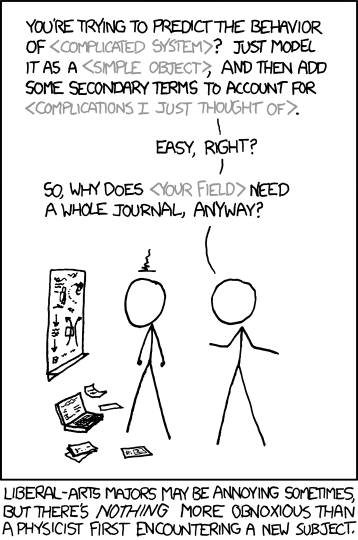Are there any psychiatrists here (or students interested in psychiatry) who majored in math, physics, chem, CS, or some sort of engineering?
I like psychiatry because it gives me things to think about. But sometimes the field seems very "fluffy" and I feel frustrated. Does anybody who is seriously considering going into psychiatry ever feel this way?
What sorts of opportunities might psychiatrists have to use that basic sciences / math-oriented part of their brains? If it matters, I think I am interested in a career that includes substantial amounts of research (most likely basic sci or translational, although I could also see myself going into more of a humanities research direction). I am not MD/PhD.
Any insight or anecdotes would be highly appreciated.
I like psychiatry because it gives me things to think about. But sometimes the field seems very "fluffy" and I feel frustrated. Does anybody who is seriously considering going into psychiatry ever feel this way?
What sorts of opportunities might psychiatrists have to use that basic sciences / math-oriented part of their brains? If it matters, I think I am interested in a career that includes substantial amounts of research (most likely basic sci or translational, although I could also see myself going into more of a humanities research direction). I am not MD/PhD.
Any insight or anecdotes would be highly appreciated.

